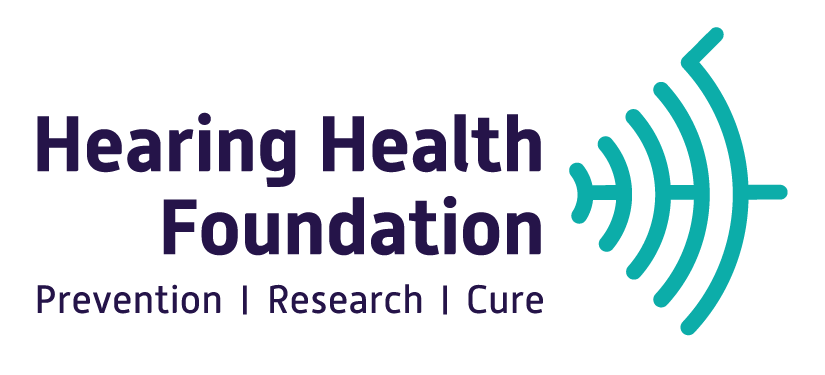Shikha Tarang, Ph.D.
Meet the Researcher
Shikha Tarang, Ph.D., received her graduate training in Immunology at the Banaras Hindu University, India.
Currently, Dr. Tarang is a Postdoctoral Research Associate in the department of Oral Biology at the Creighton University School of Dentistry. Dr. Tarang’s research interests include hair cell regeneration and otoprotection.
Dr. Tarang is funded by the Hulme family.
The Research
Creighton University
Transient and Regulated Dominant-Negative RB1 Inhibition to Regenerate Hair Cells
Our ability to hear and communicate depends primarily on the sensory hair cells (HCs) and their associated spiral ganglion neurons (SGNs). Unfortunately, mammalian HCs and SGNs are not naturally replaceable, and their loss results in neurosensory hearing loss and balance impairment. To this date, any attempts to regenerate lost sensory HCs have been challenged by the early embryonic lethality of complete knockout mice or massive cell death after conditional deletion of targeted genes. In this light, we sought to design a new system that combines the inducible nature of an antibiotic-controlled system with the lysosomal fusion protease pre-procathepsinB (CB) to generate an inducible, temporal, and reversibly conditional mouse model. To build upon our laboratory’s expertise, we applied this technology to generate a mouse model carrying a transgenic version of the of the retinoblastoma (Rb1) gene. The Rb1 gene is a key component of cell cycle regulation. In addition to its role in cell proliferation, Rb1 expression in the inner ear also affects differentiation and survival of HCs and their associated supporting cells (SCs). Rb1 deletion leads to the production of supernumerary HCs and SCs. However, just like a number of other genes considered potential candidates for HC regeneration, complete and permanent elimination of Rb1 results in massive apoptosis, and as such, should be avoided at all costs. This study will allow us to characterize this newly generated model of transient and reversible gene ablation and gather information supporting pre-clinical studies on HC regeneration.
Research Area - Hair Cell Regeneration; Hearing Loss; Noise-Induced Hearing Loss; Ototoxicity
Long-term goal of the research: To develop therapeutic interventions to prevent hearing loss and restore lost hearing. To this date, no pharmaceutical drugs have been effective in restoring auditory function after HCs are lost. This fact fuels our continuous search for alternative strategies to prevent and treat hearing loss.

